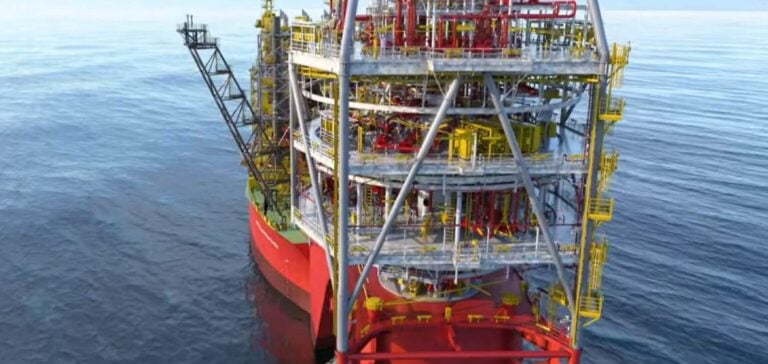Since commencing production in June 2024, the Sangomar oil field, developed as part of the Rufisque Offshore joint venture between Woodside and Petrosen, has delivered results exceeding expectations. Located off the Senegalese coast, this strategic project achieved a total production of 16.9 million barrels of crude oil for the year, surpassing the initial target of 11.7 million barrels.
The Senegalese Ministry of Petroleum announced on Tuesday, January 7, 2025, that production in December 2024 reached 2.96 million barrels. During the same month, three shipments totaling 2.94 million barrels were sold on the international market. These achievements confirm the growing prominence of Senegal’s oil industry, which is now asserting itself as a key player on the global stage.
Performance Beyond Expectations
Although the ministry did not detail the specific factors behind this success, analysts point to favorable geological conditions and efficient operational management as contributing factors. These elements have optimized the capacity of the now fully operational production wells.
Compared to the Greater Tortue Ahmeyim (GTA) gas project, which recently began production, Sangomar highlights Senegal’s increasing importance in the oil and gas sectors. The steady pace of crude oil exports provides the country with significant economic opportunities.
An Economic Windfall for Senegal
With a daily production capacity of 100,000 barrels, the Sangomar project could generate nearly $60 billion in revenue for Senegal over 25 years, according to estimates. These projections are based on an average crude price of $84 per barrel. Beyond direct revenues, Sangomar’s development also fosters employment, investments, and technology transfers within the country.
The Senegalese government has strategically positioned itself to capitalize on this opportunity while enhancing the role of Petrosen, the national oil company. This effort marks a major turning point in the country’s energy landscape.






















